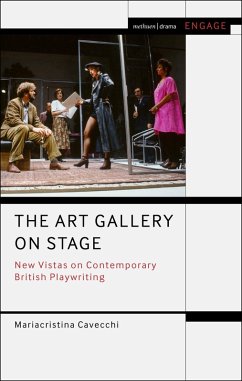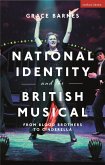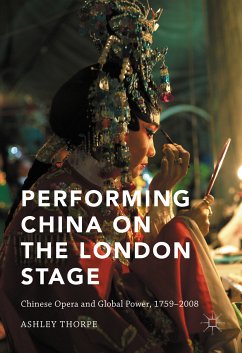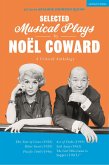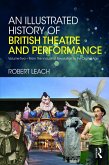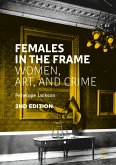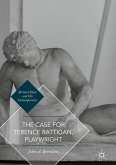The Art Gallery on Stage is the first book to consider the representation of the art gallery on the contemporary British stage and to discuss how playwrights have begun to regard it as inspiration, location, focus or theme in an ever-more intense game of cross-fertilization.
The study analyzes the impact on dramatic form and theatrical presentation of what has been a paradigmatic shift in the way art galleries and museums display their collections and how these are perceived, establishing a hitherto unexplored connection between modes of exhibiting and modes of representation. It traces a trajectory from plays that were initially performed in traditional theatres in accordance with a naturalistic play structure to plays that favour of a radical reconfiguration of visual representation. Indeed, since the beginning of the new millennium, playwrights and theatre-makers have increasingly experimented with new dramatic forms and site-specific venues, while forging collaborations with art makers and curators.
The book focuses on plays from the 1980s onwards, such as Howard Barker's Scenes from an Execution, Nick Dear's The Art of Success, Alan Bennett's A Question of Attribution, Timberlake Wertenbaker's Three Birds Alighting on a Field and The Line, David Edgar's Pentecost, Martin Crimp's Attempt on Her Life, Rebecca Lenkiewicz's Shoreditch Madonna and The Painter, David Leddy's Long Live the Little Knife, and Tim Crouch's My Arm, An Oak Tree and England, and considers the vital contribution to the field made by set designers.
Ultimately, through this study, we come to understand how modern drama can offer a set of interpretative tools to enhance our understanding of the mechanisms underlying the social construction of art and, furthermore, the potential of theatre and the gallery space to question our fundamental cultural assumptions and values.
The study analyzes the impact on dramatic form and theatrical presentation of what has been a paradigmatic shift in the way art galleries and museums display their collections and how these are perceived, establishing a hitherto unexplored connection between modes of exhibiting and modes of representation. It traces a trajectory from plays that were initially performed in traditional theatres in accordance with a naturalistic play structure to plays that favour of a radical reconfiguration of visual representation. Indeed, since the beginning of the new millennium, playwrights and theatre-makers have increasingly experimented with new dramatic forms and site-specific venues, while forging collaborations with art makers and curators.
The book focuses on plays from the 1980s onwards, such as Howard Barker's Scenes from an Execution, Nick Dear's The Art of Success, Alan Bennett's A Question of Attribution, Timberlake Wertenbaker's Three Birds Alighting on a Field and The Line, David Edgar's Pentecost, Martin Crimp's Attempt on Her Life, Rebecca Lenkiewicz's Shoreditch Madonna and The Painter, David Leddy's Long Live the Little Knife, and Tim Crouch's My Arm, An Oak Tree and England, and considers the vital contribution to the field made by set designers.
Ultimately, through this study, we come to understand how modern drama can offer a set of interpretative tools to enhance our understanding of the mechanisms underlying the social construction of art and, furthermore, the potential of theatre and the gallery space to question our fundamental cultural assumptions and values.

